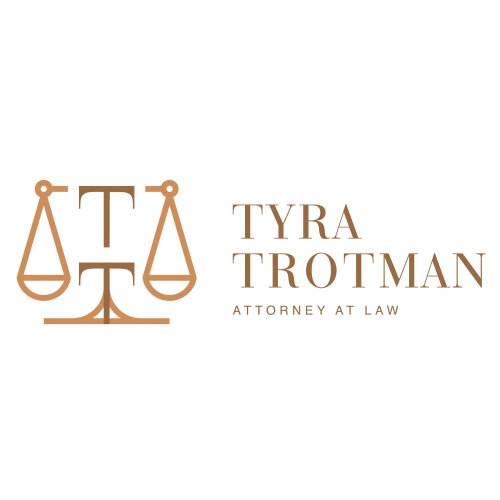Best Collaborative Law Lawyers in Worthing
Share your needs with us, get contacted by law firms.
Free. Takes 2 min.
Free Guide to Hiring a Family Lawyer
List of the best lawyers in Worthing, Barbados
About Collaborative Law in Worthing, Barbados:
Collaborative Law in Worthing, Barbados is a process used to resolve legal disputes without going to court. It involves both parties working together with their respective lawyers to find mutually acceptable solutions. This approach can be more cost-effective and less time-consuming than traditional litigation.
Why You May Need a Lawyer:
You may need a lawyer in Collaborative Law if you are going through a divorce, child custody dispute, or other legal issue where negotiation and compromise are necessary. A lawyer can help guide you through the process and ensure your rights are protected.
Local Laws Overview:
In Worthing, Barbados, Collaborative Law is governed by specific statutes and rules. It is important to understand the local laws and regulations that apply to your case. Collaborative Law in Worthing, Barbados emphasizes open communication, honesty, and cooperation between parties.
Frequently Asked Questions:
What is the role of a lawyer in Collaborative Law?
A lawyer in Collaborative Law acts as your advocate and legal advisor throughout the process. They help you understand your rights, negotiate with the other party, and draft the necessary legal documents.
How is Collaborative Law different from mediation?
In Collaborative Law, each party has their own lawyer present during negotiations, whereas in mediation, there is typically only one neutral mediator guiding the process.
Can Collaborative Law be used for all types of legal disputes?
Collaborative Law is most commonly used for family law matters like divorce and child custody, but it can also be effective in resolving other civil disputes.
What happens if we cannot reach an agreement in Collaborative Law?
If an agreement cannot be reached through Collaborative Law, both parties will need to seek alternative dispute resolution methods or go to court.
Additional Resources:
If you are in need of legal assistance in Collaborative Law in Worthing, Barbados, you may consider reaching out to the Barbados Bar Association or local law firms that specialize in Collaborative Law.
Next Steps:
If you require legal assistance in Collaborative Law, it is advisable to schedule a consultation with a qualified lawyer who can assess your case and provide guidance on the best course of action.
Lawzana helps you find the best lawyers and law firms in Worthing through a curated and pre-screened list of qualified legal professionals. Our platform offers rankings and detailed profiles of attorneys and law firms, allowing you to compare based on practice areas, including Collaborative Law, experience, and client feedback.
Each profile includes a description of the firm's areas of practice, client reviews, team members and partners, year of establishment, spoken languages, office locations, contact information, social media presence, and any published articles or resources. Most firms on our platform speak English and are experienced in both local and international legal matters.
Get a quote from top-rated law firms in Worthing, Barbados — quickly, securely, and without unnecessary hassle.
Disclaimer:
The information provided on this page is for general informational purposes only and does not constitute legal advice. While we strive to ensure the accuracy and relevance of the content, legal information may change over time, and interpretations of the law can vary. You should always consult with a qualified legal professional for advice specific to your situation.
We disclaim all liability for actions taken or not taken based on the content of this page. If you believe any information is incorrect or outdated, please contact us, and we will review and update it where appropriate.








